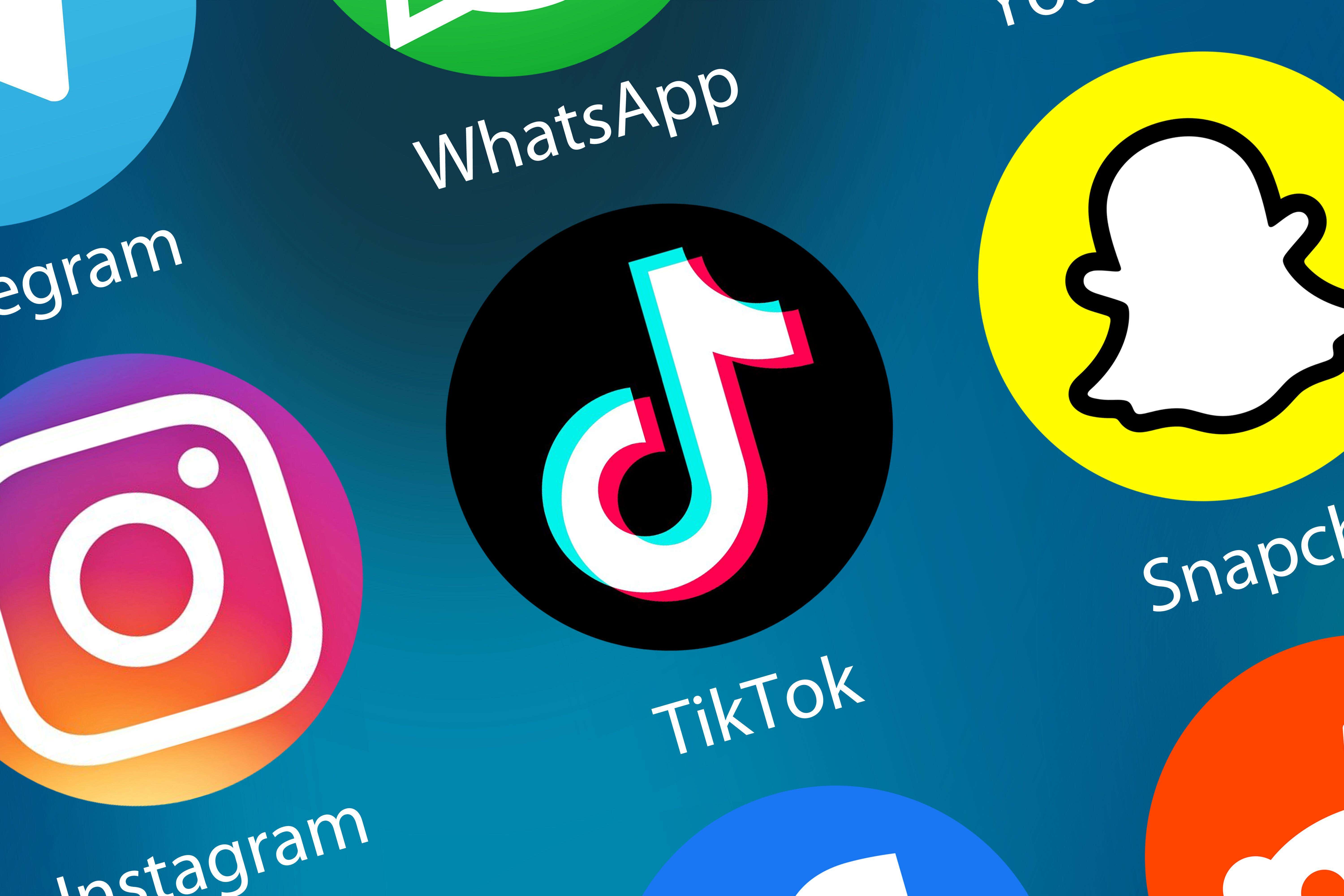More young people are using TikTok to access news, research finds
TikTok, Instagram and Snapchat users pay more attention to celebrities and influencers than journalists, says Reuters Institute’s Digital News Report.

Your support helps us to tell the story
From reproductive rights to climate change to Big Tech, The Independent is on the ground when the story is developing. Whether it's investigating the financials of Elon Musk's pro-Trump PAC or producing our latest documentary, 'The A Word', which shines a light on the American women fighting for reproductive rights, we know how important it is to parse out the facts from the messaging.
At such a critical moment in US history, we need reporters on the ground. Your donation allows us to keep sending journalists to speak to both sides of the story.
The Independent is trusted by Americans across the entire political spectrum. And unlike many other quality news outlets, we choose not to lock Americans out of our reporting and analysis with paywalls. We believe quality journalism should be available to everyone, paid for by those who can afford it.
Your support makes all the difference.More young people are accessing news via TikTok with users tending to pay more attention to celebrities and social media influencers than to journalists or media companies for news, a report has found.
The Chinese-owned app is the “fastest growing social network” in the Reuters Institute Digital News Report’s survey – used by 44% of 18-24-year-olds for any purpose and by 20% for news.
The shift comes as the use of Facebook as a news source declines with 28% of surveyed people saying they accessed news via the platform in 2023 compared with 42% in 2016.
Younger generations increasingly eschew direct discovery for all but the most appealing brands
Research found that TikTok, Instagram and Snapchat users tend to pay more attention to celebrities and social media influencers than they do to journalists or media companies when it comes to news topics while news organisations on “legacy” social networks like Facebook and Twitter still attract most attention.
News usage for Twitter has remained “relatively stable” in most countries, according to the report.
Reuters Institute director Rasmus Neilsen said: “Younger generations increasingly eschew direct discovery for all but the most appealing brands.
“They have little interest in many conventional news offers oriented towards older generations’ habits, interests, and values, and instead embrace the more personality-based, participatory, and personalised options offered by social media, often looking beyond legacy platforms to new entrants (many of whom drive few referrals to media organisations and do not prioritise news).”
The report also found that audiences “selectively avoid” stories such as the war in Ukraine and the cost-of-living crisis as people “cut back on depressing news and look to protect their mental health”.
Data showed declining interest in news generally in a large number of countries and high levels of selective news avoidance – 36% of surveyed people said they actively avoid news “sometimes or often”.
Among news avoiders, 53% said they scroll past news and change channels when news comes on while 32% said they avoid topics that “bring down mood or increase anxiety”.
Many added in interviews that news stories are too “emotionally draining”.
Lead report author Nic Newman said: “It is clear that many websites and apps are optimised for those that are super-engaged with every twist and turn of today’s news (and politics) agenda.
“But these approaches also seem to be turning large sections of the public away – with potential long-term implications for civic and democratic engagement.”
The report also found that growth in payment for online news has stalled with more than one-third of subscribers (39%) across more than 20 countries saying they have cancelled or renegotiated their news subscriptions in the last year.
Reuters Institute said the need to save money was “by far” the biggest reason given for the cutbacks.
Other key findings from the report highlighted that trust in the news has fallen by two percentage points in the past year and that 56% of surveyed people say they worry about identifying the difference between what is real and fake on the internet when it comes to news – up two percentage points compared with last year.
Figures are from YouGov Plc with 93,895 adults in 46 countries participating in an online survey, with around 2,000 people per market.